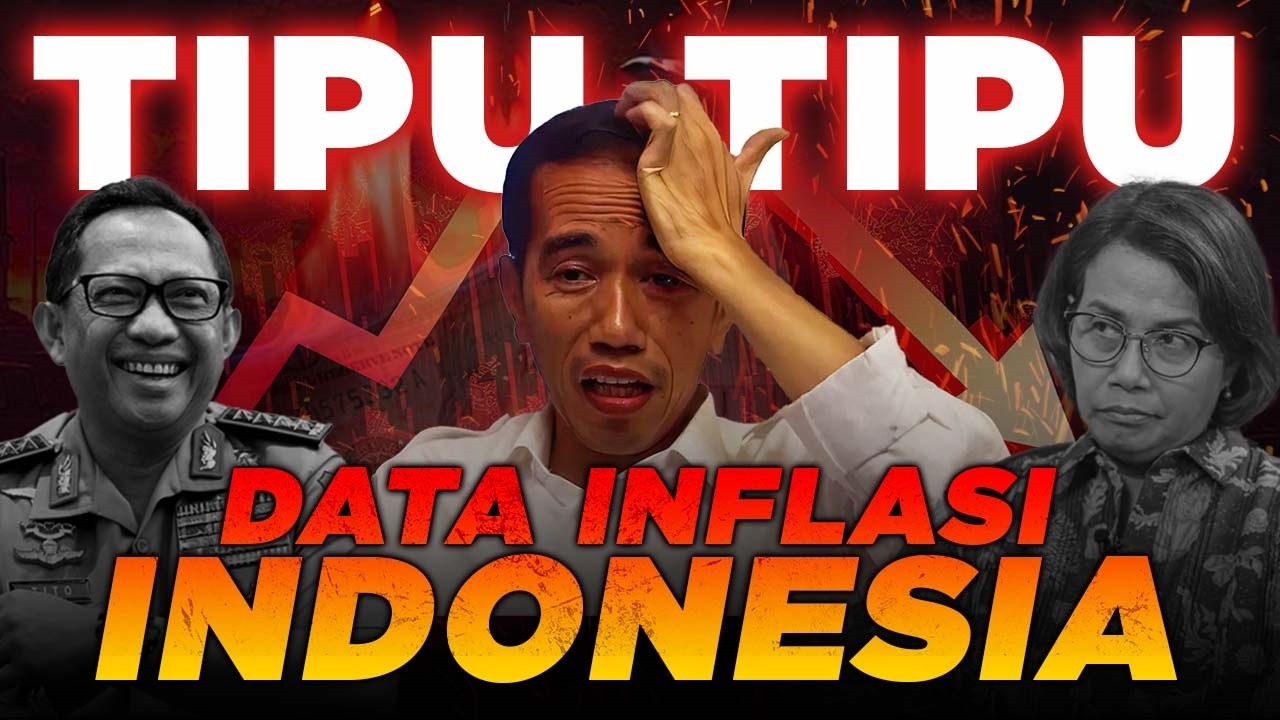Nassim Taleb - Follow No One, Trust in Yourself [w/ Naval Ravikant]
Summary
TLDRThe speaker discusses the dichotomy between individual reasoning and collective beliefs, highlighting how groups can often propagate falsehoods, as seen in academia and economic forecasts. He emphasizes the dangers of institutional stickiness, where organizations resist acknowledging failure, and the need for profit-driven entities to embrace reality. Citing influential thinkers like Carl Jung and Mark Twain, he underscores the importance of critical thinking and skepticism towards majority opinions. The talk concludes with a call for effective change through sustainable for-profit initiatives, arguing that they are more capable of adapting and addressing societal needs than non-profits.
Takeaways
- 🤔 Individuals often have a clearer perception of right and wrong than groups, which can become misled by collective beliefs.
- 📉 Forecasting failures are common in institutions like the IMF, as they tend to ignore past mistakes and continue to present unreliable predictions.
- 🩺 The medical field has a history of perpetuating harmful practices, such as bleeding patients, due to institutional stickiness and resistance to change.
- 🔍 Groups are less likely to admit failure compared to individuals, leading to a myth of success that can misdirect resources.
- 💼 For-profit organizations are often more effective at driving change than non-profits, as they must respond to market feedback and have incentives to succeed.
- 🌐 Institutional stickiness hinders progress, as organizations prioritize maintaining their structures over admitting mistakes or evolving.
- ⚖️ A sustainable business model should balance profit with ethical considerations, ensuring long-term success and impact.
- 📖 Learning from failure is crucial; institutions often shield themselves from accountability, preventing meaningful progress.
- 🧠 Social phenomena, such as informational cascades, can lead to collective irrationality that overshadows individual rational thinking.
- 🔑 Critical thinking is essential; as Aristotle suggests, one should evaluate what they believe and not accept everything at face value.
Q & A
What is the primary concern expressed by the speaker regarding collective beliefs?
-The speaker is concerned that individuals can deem something as 'wrong,' yet it can still be accepted as 'true' by a collective, leading to widespread misguided beliefs.
How does the speaker critique economic forecasting institutions like the IMF?
-The speaker criticizes the IMF for producing unreliable forecasts, suggesting that their historical predictions have often been incorrect and that these errors go unacknowledged, misleading large groups.
What parallel does the speaker draw between medicine and economics?
-The speaker compares the historical failures in medical practices, where harmful procedures persisted due to institutional stickiness, to the failures in economic forecasting, highlighting how both fields resist change despite evidence of error.
Why does the speaker believe that individuals are better at admitting failure than groups?
-Individuals are generally more willing to acknowledge their mistakes, whereas groups tend to maintain a collective narrative and often refuse to admit error, leading to stagnation and mythologizing their beliefs.
What argument does the speaker make regarding the effectiveness of for-profit versus non-profit organizations?
-The speaker argues that for-profit entities are often more sustainable and accountable than non-profits, as they must respond to real-world feedback and financial pressures, which drives meaningful change.
What does the term 'psychic epidemics' refer to in the context of the speaker's message?
-'Psychic epidemics' refer to collective irrational behaviors and beliefs that can spread through groups, posing greater risks to society than natural disasters or diseases.
How does the speaker view the relationship between groups and the acknowledgment of failure?
-The speaker believes that groups rarely admit to failure, and when they do, it often leads to schisms rather than constructive change, as seen in historical splits like the Reformation.
What insights does the speaker offer regarding the role of institutional practices?
-The speaker notes that institutions tend to preserve harmful practices due to a reluctance to change, prioritizing their methodologies over the well-being of individuals, which can lead to disastrous outcomes.
What is the significance of the quotes shared by the speaker?
-The quotes serve to reinforce the speaker's themes of critical thinking, skepticism towards collective wisdom, and the importance of questioning established norms, emphasizing that individual thought is vital.
What recommendation does the speaker make for those looking to learn from books?
-The speaker recommends the platform 'Shortform' for efficiently learning insights from various books, emphasizing its usefulness in obtaining concise summaries.
Outlines

此内容仅限付费用户访问。 请升级后访问。
立即升级Mindmap

此内容仅限付费用户访问。 请升级后访问。
立即升级Keywords

此内容仅限付费用户访问。 请升级后访问。
立即升级Highlights

此内容仅限付费用户访问。 请升级后访问。
立即升级Transcripts

此内容仅限付费用户访问。 请升级后访问。
立即升级浏览更多相关视频

NEGATIVE EFFECTS OF RELIGION

Unit 1 Intro to Ideologies - Lesson 1

Manajemen Konflik (Definisi, Hakikat, dan Jenis) | Koperasi "Kopma UGM"

DATA INFLASI INDONESIA PALSU ?? APA BAHAYANYA BAGI EKONOMI INDONESIA?

Psikologi Harus Mempelajari Mitos/Hantu/Klenik/Folklor, Mengapa?

Dinâmica de grupo nas organizações
5.0 / 5 (0 votes)
